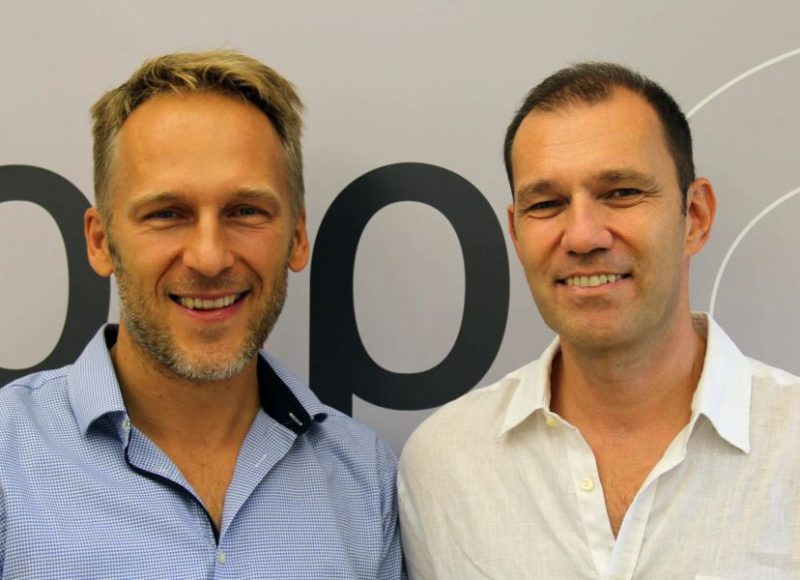
The regional dimension of transatlantic relations in a new world order: The war in Ukraine and its impact on the European neighborhood (Western Balkans, MENA, Turkey)
The regional dimension of transatlantic relations in a new world order: The war in Ukraine and its impact on the European neighborhood (Western Balkans, MENA, Turkey)
The regional dimension of transatlantic relations in a new world order: The war in Ukraine and its impact on the European neighborhood (Western Balkans, MENA, Turkey)
For many scholars and members of the Western policy communities the fall of the Iron Curtain and the later disintegration of the Soviet Union seemed to signify the definite victory of democracy and Western liberalism. In 1989, Frances Fukuyama even proclaimed the “The end of history” and the beginning of a global liberal age, defined by democratic societies and (neo) liberal capitalist economy. The idea of a liberal age also entailed the claim of Western universalism and legitimized Western interventions in the name of liberal governance, human rights, democracy support and assistance. In the post-Cold War liberal world order, the United States and European democracies not only dominated world politics, but they also had a norm setting power. Employing a mix of “diplomatic levers, economic carrots and sticks, military power, democracy-related assistance, and other tools” the West sought to support democratization (Carothers and Samet-Marram 2015, 3).
Funding: US Embassy Fund, State Department
Duration: 7 Monate
Project Management: Cengiz Günay, Vedran Dzihic

